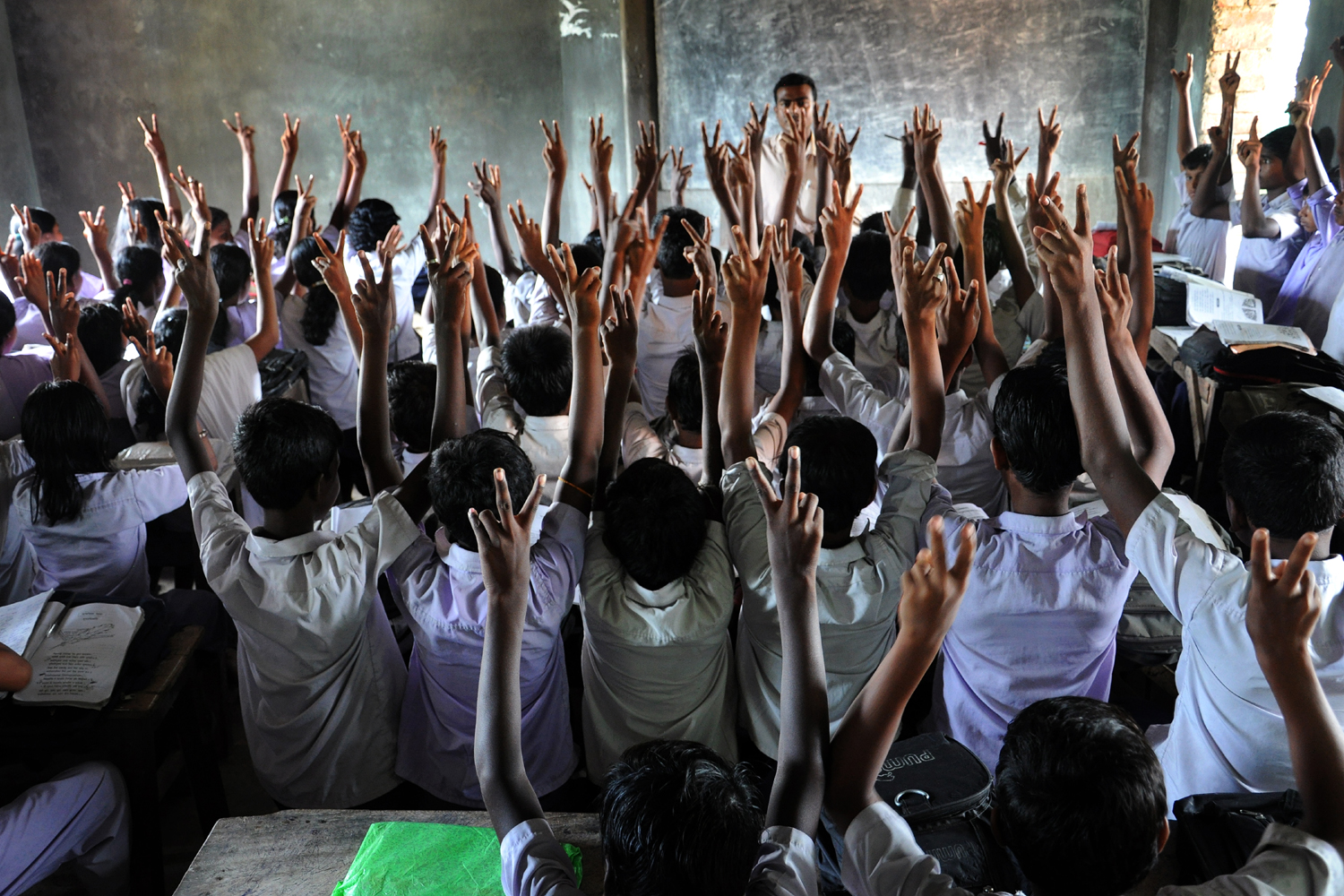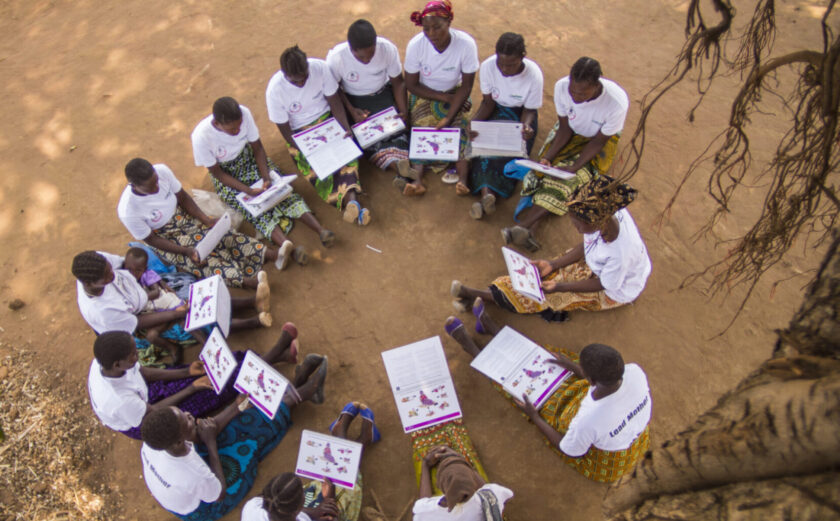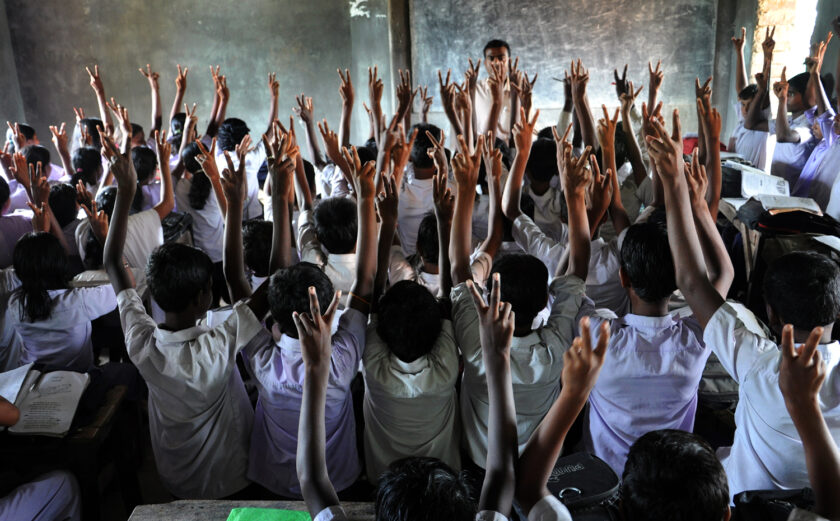
NGO Leaders on Current & Future Change
CEO Survey Report
During this unprecedented time, 115 executives responded to the InterAction NGO Futures 2022 annual survey, representing the full spectrum of size and diversity across international development, humanitarian response, and advocacy organizations.
A few points were made clear when looking at the data. International NGOs recognize that the world is changing at a fast pace. They understand they must adapt. And, because of adaptation, they have also become more confident in their resilience.
Here are our three main takeaways.
I. ORGANIZATIONAL STABILITY WITHIN THE CHANGING WORLD
CEOs agree—the external operating environment continues to change. They also perceive their organizations are keeping up with the rate of change. Moreover, a sense of vulnerability to significant business model disruption is dropping compared with the year prior.
II. INTERNAL IMPACT AND INTEGRITY ADJUSTMENTS
Survey responses suggest organizational stability has come with great attention and effort. Many organizations—particularly huge organizations—are significantly adapting their business and operating models and making significant program changes.
- Three-fourths of organizations are shifting operating models, and half are shifting program priorities in response to COVID-19 and its effects.
- Almost 60% of organizations are making significant business model changes. Mergers and acquisitions are on the decline, and fewer organizations are planning significant social enterprise collaboration or deployment.
III. ACTION PRIORITIES
We polled prioritized action—both collectively and for individual organizations.
- Powershift/power-sharing/localization across programming was the top trend to address, both by the collective InterAction community and by individual organizations. About 88% of responding CEOs reported increased localization in 2021, and three-fourths of organizations are considering or advancing both working differently with local actors and geographically dispersing authority.
- Climate change and environmental degradation held firm in second place for collective action and third place for organizational action.
- Though race and social justice tensions/DEI fell in priority when ranked against other major enduring trends, organizations are advancing from developing to executing their diversity, equity, and inclusion (DEI) priorities.
Read the full report HERE.






